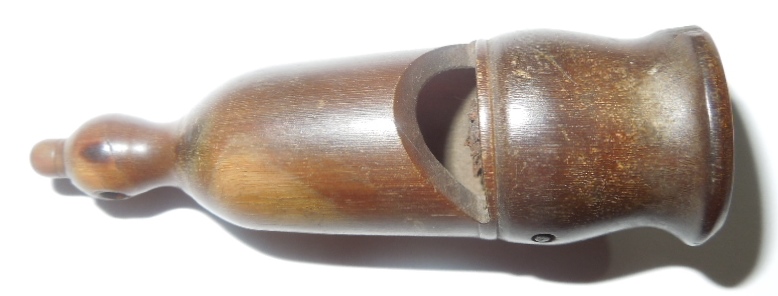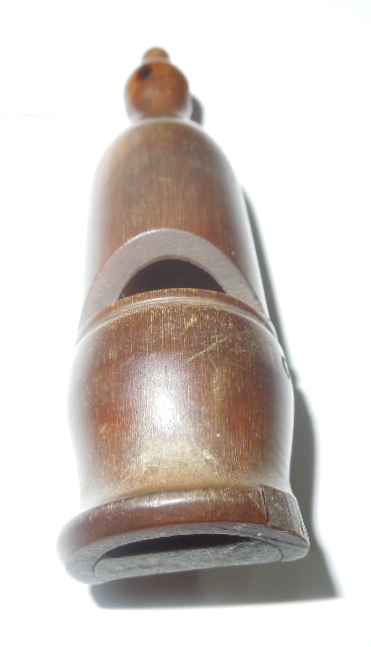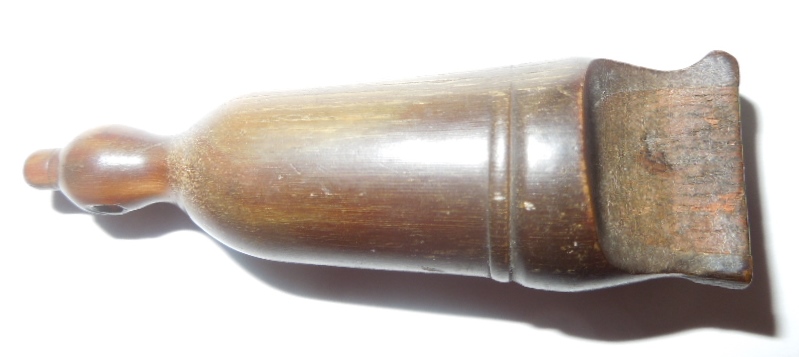Hello,
I have a question about etiquette pertaining to the civil war soldier...
Would eating off your knife during that time period be considered a bad habit as it is considered by some today?
(Not talking about whether it is a safety issue, but rather an etiquette kind of thing)
I reel rather silly asking such a basic question...
Thanks,
Tyler Habig
I have a question about etiquette pertaining to the civil war soldier...
Would eating off your knife during that time period be considered a bad habit as it is considered by some today?
(Not talking about whether it is a safety issue, but rather an etiquette kind of thing)
I reel rather silly asking such a basic question...
Thanks,
Tyler Habig






Comment